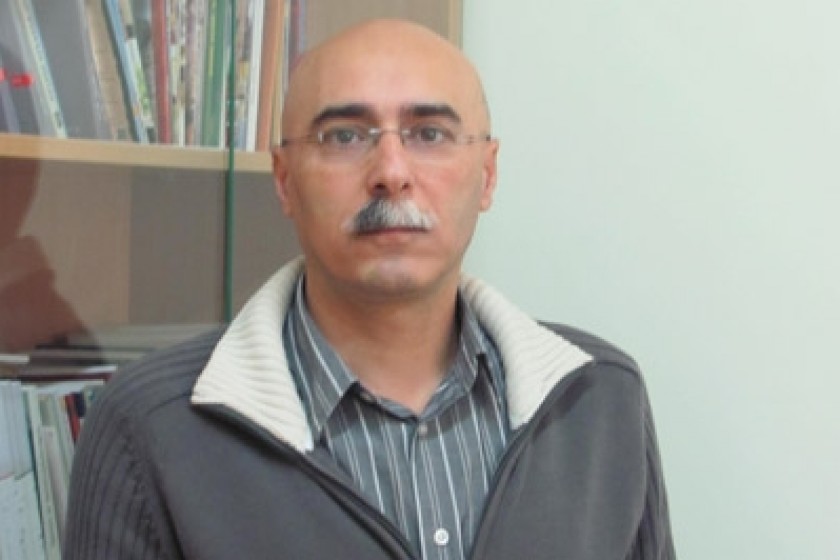
Repatriation Remedy? The Others Will Come Without Being Invited
By Sargis Mkrtchyan
There’s an interesting contradiction evident not only between state policy in Armenia and the reality that exists regarding emigration and immigration, but also within declared state policy as well.
On the one hand, Armenian and international organizations, the mass media, and lately state agencies and their representatives, even including the president of Armenia, have been raising alarm bells about emigration from Armenia.
They publish demographic data and organize debates on the looming threat.
On the other hand, only certain state agencies and their representatives have been inviting Armenians from the diaspora to relocate to Armenia – to set up residences and businesses.
In a word, they are trying to organize immigration; repatriation.
It seems as if they want to overcome the threat of emigration with immigration. I have the feeling that state agencies, not being able to stem the tide of exodus from Armenia, are trying to get diaspora Armenians to immigrate by making a number of offers and thus fill the void left by those leaving the country.
There are contradictory numbers regarding the exodus from Armenia. But what is farcical here is that even the smallest numbers will not alter the depth of the tragedy.
For example, at one meeting where the exodus issue was being discussed, it was stated that from 100,000 to 120,000 people left Armenia in 2010. One of the participants exploded in anger, rose to his feet, and said that this statistic was a lie. The man proclaimed that only 40,000 people had emigrated from Armenia in 2010.
If we accept the official figures that Armenia’s population is 3,200,000, then basic arithmetic shows that only 1.28% of the population left Armenia in one year. Use of the word only is correct in this case and not the previous.
Only 1.28% of the country’s population emigrated in one year. However, for the year 2011, we must use 3,160,000 and not 3,200,000 as our basis number – that is if 40,000 left Armenia in 2010.
In this context, it remains a mystery why some continue to present small numbers or believe in their validity.
Even an exodus of 1.28% of the population in just one year is a tragedy and doesn’t change the wider problem.
Let us return to the issue of immigration.
First, I doubt if 40,000 Armenians from the diaspora have immigrated to Armenia in the past twenty years since re-independence. Most of the repatriates have been Armenians from Iran and their numbers doesn’t exceed 20,000 at best.
In other words, in the past twenty years the total number of “repatriates” doesn’t even compare with the number of those leaving in just one year. (Unfortunately, I wasn’t able to find any official data on the number of those immigrating to Armenia)
Secondly, and more importantly, is the following question – Why are people leaving Armenia?
Why do people born and raised in Armenia, who have gone to school here, played in the yards, have friends, girlfriends and relatives, who have fallen in love, who visit the graves of loved ones, why do they chose to leave Armenia?
If those in charge do not respond to this question and do not think about removing the underlying motive, not only will we not have any substantial immigration, but the exodus will continue unabated.
Then too, government officials will have a hard time convincing diasporic Armenians that their invitations to relocate are sincere.
Preservation of the gene pool in Armenia is an issue of national security. One of the top priorities of the government must be putting a halt to the exodus – keeping Armenians in Armenia.
Immigration, i.e. getting Armenians from the diaspora to relocate, isn’t a priority issue in my estimation.
Even if the government was to get serious about organizing a new wave of repatriation, given the reality on the ground and existing conditions, such efforts would remain mere sloganeering and a pipedream and would contribute nothing positive to Armenia.
The first priority to be tackled remains keeping Armenians living in Armenia in Armenia and creating conditions for a dignified life.
If this happens, the others will come without any invitation.
Yerevan, November 4, 2011
 Videos
Videos Photos
Photos
Comments (2)
Write a comment